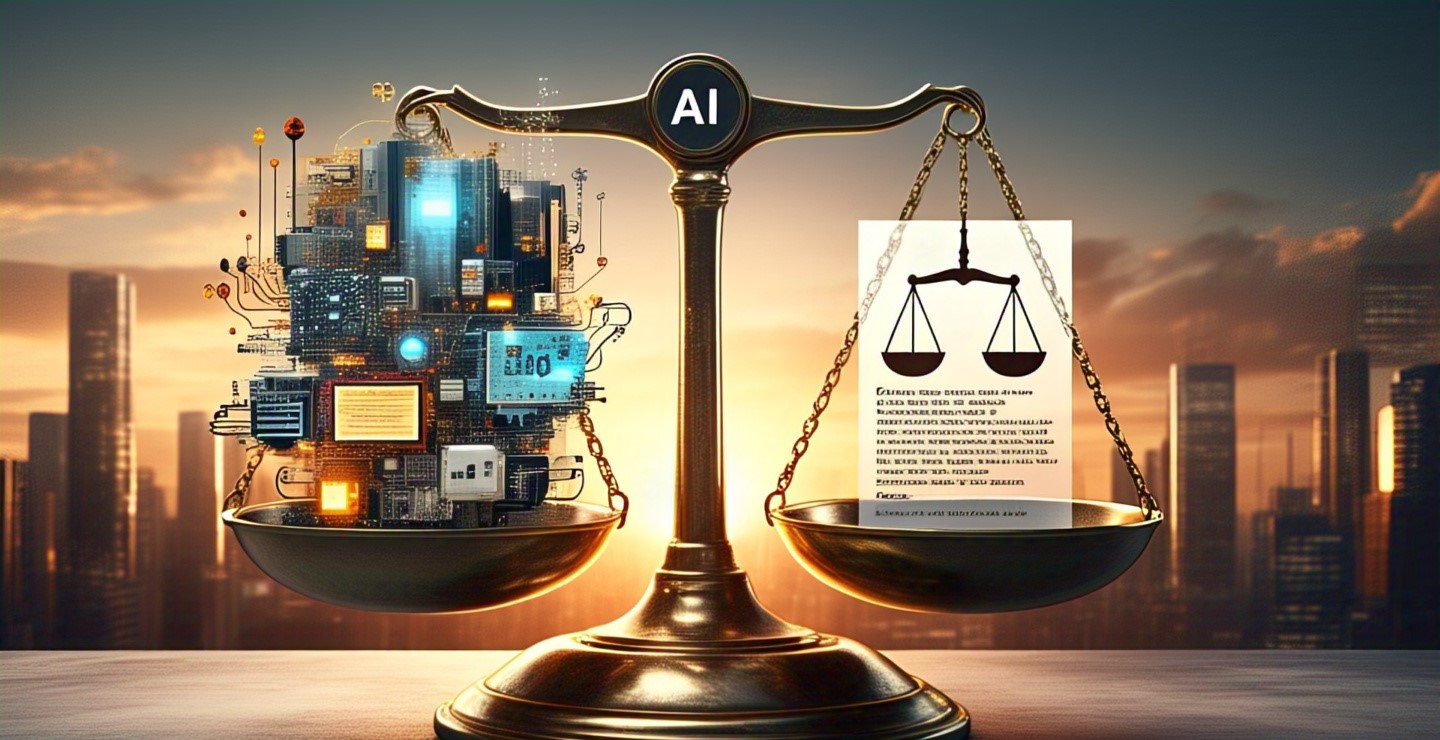AI and Ethics: Balancing Innovation with Responsibility
Artificial Intelligence (AI) is advancing faster than ever before, touching nearly every part of our lives—from healthcare and education to finance, entertainment, and even how we communicate. While these innovations bring incredible potential, they also raise serious ethical concerns. As we move deeper into an AI-driven world, one key question stands out: How do we balance technological progress with moral responsibility?
The Double-Edged Sword of Innovation
AI offers tremendous benefits. It can help doctors detect diseases earlier, personalize learning experiences for students, automate tedious tasks, and even assist in fighting climate change. But at the same time, AI systems can reinforce biases, threaten privacy, and make decisions that impact people’s lives—with little to no transparency.
This dual nature of AI makes ethics not just a side discussion, but a central part of the conversation around innovation.
Bias in Algorithms: A Silent Problem
One of the most pressing ethical concerns in AI is algorithmic bias. AI systems learn from data—but if that data reflects historical inequalities or social prejudices, the system can end up reinforcing those same biases. For instance, AI used in hiring, policing, or loan approvals can unintentionally discriminate against certain groups if not carefully designed and monitored.
The challenge here is twofold: identifying where bias exists, and then ensuring that AI models are trained and tested using fair, representative data. This calls for diverse teams in AI development and ongoing audits to ensure systems remain fair over time.
The Question of Accountability
When an AI system makes a mistake—say, a self-driving car causes an accident or a medical diagnosis tool gives a false result—who is responsible? The developer? The company that deployed it? The user?
Unlike traditional tools, AI often makes decisions in ways even its creators can’t fully explain. This lack of transparency, sometimes called the “black box” problem, makes accountability a difficult but crucial issue. We need clear regulations and ethical guidelines to define responsibility in AI-related outcomes.
Protecting Privacy in a Digital Age
AI systems thrive on data—often massive amounts of it. From social media interactions to health records, AI learns from the patterns we leave behind. While this data can be used to improve products and services, it also raises major concerns about privacy.
Without proper safeguards, personal information can be exploited, shared without consent, or used to manipulate behavior. Ethical AI development must prioritize privacy by design, using techniques like data anonymization, encryption, and strict user consent protocols.
Transparency and Trust
For AI to be widely accepted, people need to trust it. That trust is built through transparency—making it clear how AI systems make decisions, what data they use, and what outcomes they aim for. Companies and developers must strive for explainable AI, where decisions can be understood and challenged if necessary.
Transparency also extends to communicating the limitations of AI. These systems are powerful, but they’re not infallible. Being honest about what AI can and can’t do is essential to managing expectations and preventing misuse.
The Path Forward: Ethics as a Core Principle
The good news is that awareness of AI ethics is growing. Governments, tech companies, and research institutions around the world are developing guidelines and frameworks to promote responsible AI development. These include principles like fairness, accountability, transparency, and human oversight.
But ethics can’t be an afterthought. It must be embedded in the design process from the very beginning. This means involving ethicists, sociologists, and diverse communities in the conversation—not just engineers and data scientists.
Final Thoughts
AI has the power to transform our world in extraordinary ways—but with great power comes great responsibility. As we continue to innovate, we must ensure that ethical considerations guide every step we take.
Balancing innovation with responsibility isn’t just about avoiding harm—it’s about creating technology that truly benefits humanity. By grounding AI development in ethical values, we can build a future that’s not only smarter, but also fairer, safer, and more inclusive.







Post Comment